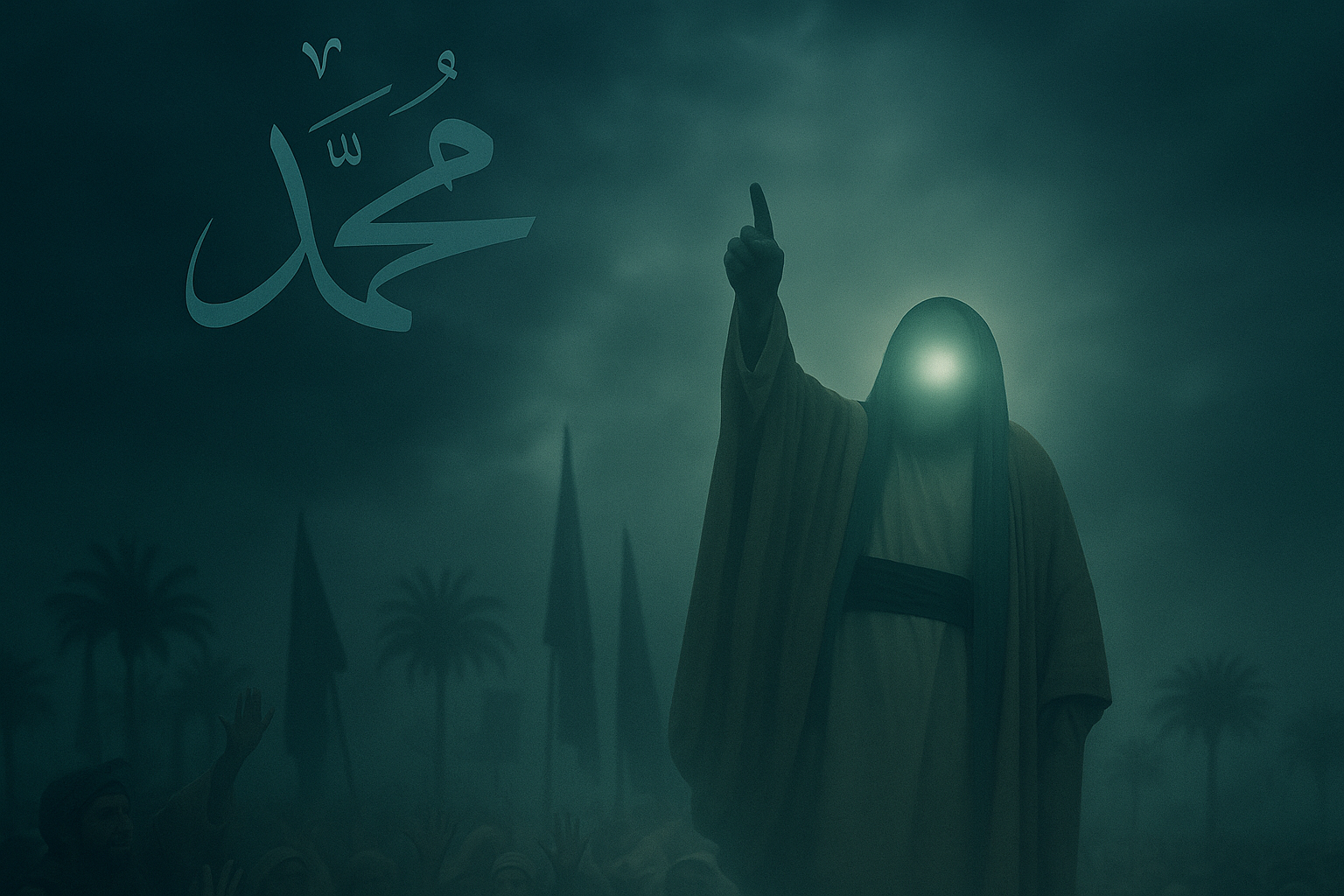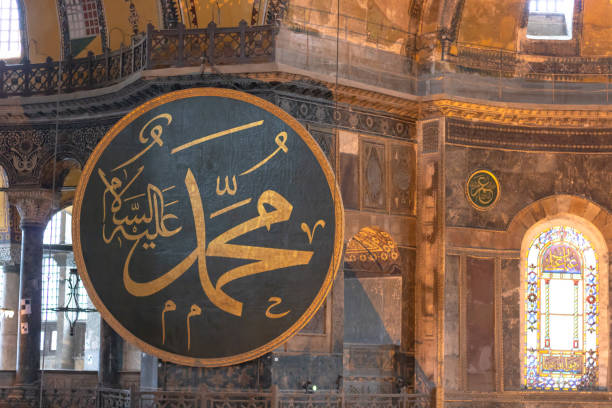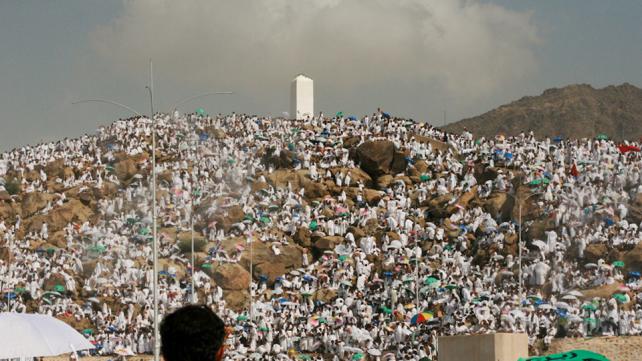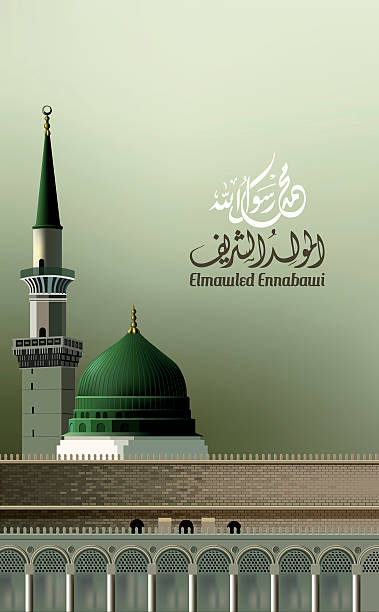The Farewell and last Sermon of Prophet Muhammad ﷺ – A Timeless Charter of Human Rights
Date Delivered: 9th Dhul-Hijjah, 10 AH (6 March 632 CE)
Location: valley of Arafat, outside 20km of Makkah
Occasion: The Prophet’s final pilgrimage (Hajjatul Wida)

In the 10th year after Hijrah (Prophet Muhammad PBUH migration from makkah to madina), during the Prophet Muhammad’s ﷺ final pilgrimage to Makkah, he delivered one of the most significant and remarkable speeches in human history—the Farewell Sermon. This sermon, given on the Day of Arafat to over 120,000 Sahaba’s RA (followers or companions), summarized the essence of Islam and laid down universal principles for human conduct, justice, equality, and morality.
Known in Arabic as Khutbah Hujjatul Wida خطبة الوداع , this address is considered the first universal human rights declaration long before modern charters emerged on this planet . With clarity and power, the Prophet Muhammad ﷺ addressed racism, gender equality, economic justice, and religious obligation in a way that continues to resonate with people of all backgrounds.
Historical Context:
The Farewell Sermon was delivered shortly before the Prophet Muhammad ﷺ passed away. Islam had spread across the Arabian Peninsula. This was his first and only Hajj, and it marked the culmination and of his mission as the Messenger of God Allah. Knowing he would not be among his people for long, the Prophet ﷺ gave this sermon to convey his final and complete message.
Key Teachings of the Farewell Sermon:

1. Sanctity of Life, Wealth, and Honor
“O People, just as this day, this month, and this city are sacred, so is your blood, your property, and your honor sacred until the Day you meet your Lord.”
The Prophet ﷺ declared the protection of human life, personal wealth, and dignity as sacred and holy. Any violation of these rights is strictly prohibited. This principle forms the ethical foundation of Islamic law and human rights.
2. Abolition & Elimination of Pre-Islamic Practices
“All matters of the Days of Ignorance (Jahiliyyah) are now beneath my feet. The revenge of bloodshed from the time of ignorance is abolished.”
He eliminated age-old tribal customs of revenge and blood feuds that fueled cycles of violence. The Prophet Muhammad ﷺ began this reform by forgiving the blood claim of his own family member, setting a practical example.
3. Elimination of Usury (Interest)
“All usury is abolished. You shall neither give nor take interest. The first usury I abolish is that of my uncle, Abbas ibn Abdul Muttalib.”
The Prophet ﷺ declared all forms of riba (interest) as exploitative and unjust. Islamic financial ethics advocate for trade and mutual consent in business, not predatory lending. and prophet PBUH were said that interest is forbidden in islam
4. Women’s Rights and Responsibilities
“O People! Fear God Allah in regard to women. You have taken them as a trust from Allah and their bodies have been made lawful to you by the word of Allah. Treat them well.”
This was a revolutionary message in a patriarchal society. The Prophet ﷺ established that women have rights, must be treated with respect, and are to be protected, not exploited. Their roles as wives, mothers, and individuals were acknowledged with dignity.
5. Equality of All Humans
“O People! All mankind is from Adam and Eve. An Arab has no superiority over a non-Arab, nor does a non-Arab have superiority over an Arab; a white has no superiority over a black, nor does a black have superiority over a white—except through piety.”
This powerful declaration is one of the earliest and clearest condemnations of racism, tribalism, and ethnic superiority. In the eyes of Allah, superiority is not by race, wealth, or status—but by taqwa (God-consciousness).
6. Brotherhood of Believers
“Every Muslim is a brother to every other Muslim. You are one brotherhood.”
This established the concept of ummah (global Muslim community) bound not by blood or tribe but by faith, mutual respect, and support for each other.
7. Following the Quran and Sunnah
“I leave behind me two things: the Qur’an and my Sunnah. If you follow them, you will never go astray.”
With these words, the Prophet ﷺ emphasized that salvation and guidance lie in adhering to the divine message (Qur’an) and his teachings (Sunnah).
8. Accountability Before Allah
“You will meet your Lord, and He will ask you about your deeds. So do not go astray after me.”
The sermon reminded every believer of their individual accountability. It rejected blind following and encouraged conscious, responsible living.
Completion of Religion
Soon after the sermon, Allah revealed this verse:
“This day I have perfected your religion for you, completed My favor upon you, and chosen for you Islam as your religion.”
— Surah Al-Ma’idah (5:3)
This historic verse marked the completion of divine guidance, signifying that Islam was now a complete code of life.
The Prophet’s Final Question
After delivering the sermon, the Prophet ﷺ asked the people:
“Have I conveyed the message?”
The crowd responded: “Yes, O Messenger of Allah!”
He then said: “O Allah, bear witness.”
(He repeated this three times.)
This declaration marked the Prophet’s ﷺ fulfillment of his mission.

Why This Sermon Still Matters Today
The Farewell Sermon khutbah remains one of the most relevant and powerful and important statements on human dignity, equality and justice. It stands against:
Racism and discrimination
Gender inequality
Economic exploitation
Violence and bloodshed
Ignorance and injustice
Its message promotes:
Equality of all humans
Justice and forgiveness
Rights of women and families
Peace, accountability, and moral responsibility

